The “Efficiency in Iranian healthcare System National Symposium” was held by Health Equity Research Center to discuss the inefficiency roots and present practical solutions to improve the Iranian healthcare system was concluded
According to the Tehran University of Medical Sciences’ (TUMS) Public Relations report, during this symposium, which was held in the DarAlfonoon hall on the 1st of February 2022, Dr. Hossein Ghenaati, Head of TUMS, claimed equity as the second pillar of Islam and mentioned: even through the lenses of sociology, equity is considered the number one factor for social growth and during the COVID-19 pandemic we saw the countries that prioritized health equity, profited from its bliss.
He esteemed productivity, efficiency, and effectiveness to be crucial and said: when I accepted this responsibility in the university, I set total vaccination coverage as the first goal, and now we are witnessing the positive outcomes. Unfortunately during this crisis, many resources were spent on medicines that lacked the necessary effectiveness, and senior managers of the system heeded health and research institutes consultations very poorly, which was mainly the consequence of conflicts of interest and medical rent-seekers interventions.
The head of the university acknowledged the design of a dashboard for measuring the healthcare system efficiency of importance and expressed his hope of solving some of our countries problems wisely and by an evidence-based approach by relying on such tool.
He claimed that allocating 86% of income to the treatment and medical section of the healthcare setting is inappropriate and appealed for a modification and said: this issue must be modified. Unfortunately in Tehran, hospital bed numbers of the two sides of Enghelab St. are so different and this is an illustration of inequity.
Dr. Ghenaati claimed efficiency and equity as political and strategical issues and continued: this ownership sense that some key influencers of the healthcare system hold must be resolved. Unfortunately, we don’t even adhere to the basics of management and are still struggling with recording employee attendance in the system. Human resource distribution is not logical. In the past power and political statute of the individual influenced and dictated resource distribution which Inshaallah will be resolved in this government. Those who feel they’re incapable of administrating properly must resign from their positions.
The Head of the university added: a combination of mismanagement, corruption, and rent-seekers are serious challenges of the health system and sometimes induced demands also won’t allow managers to properly administer the system.
With noting that if we want to do the right thing, the path crosses such research added: the issue we’re facing is that in theory sections we perform wonderfully and are great scientists but are in-educated in systems and are unable to work in groups suitably. Surely there are various solutions for improving the situation but there should also be a will for change as well.
Managers are effective in healthcare system efficiency.
As the symposium continued Dr. Olyaeemanesh, deputy of health and head of HERC, proceeded to note roots and factors of inefficiency in the healthcare system and their practical solutions and said: measuring efficiency and productivity in healthcare in a case where there are limited resources, is of great importance and curing many of the health system’s ailments might be possible by studying inefficiency roots.
He declared measuring efficiency in the health system and presenting a managerial Dashboard a unique achievement and said: until now there hasn’t been a general overview nor studies of this level on the efficiency in the healthcare system in our country; in a way that if anyone is looking for a through conduct on efficiency in healthcare can find it in our study.
The deputy of health at TUMS, noting that 20 to 40% of economic resources of our country in different sectors are prone to inefficiency, added: efficiency is the ratio of input versus output; but when productivity is discussed, we must remember that financial turnovers in ministries are large and if every one of these ministries conserves 20% and manages its finances, it would sum up to a big amount.
Dr. Olyaeemanesh interpreted expenditure in the health sector as efficient and said: unfortunately 86% of our income is spent on treatment and medical interventions.
He added: in the course of these studies, inefficiency was measured during four stages that include: assessing current status, evaluating probable inefficiency causes, identifying solutions, and designing an evaluation and monitoring system for efficiency in the healthcare system of our country. Also, these studies were conducted with the help of international experts.
TUMS’ deputy of health announced the discovery of 307 causes for inefficiency in the healthcare system and said: by collaborating with experts, during the first screening 138 causes and finally, based on the priorities of the healthcare system, 48 main causes were obtained. According to this inefficiency in hospital services (inadequate bed numbers) and uselessness of many medical equipments, due to a lack of need, are of the top causes.
He added: in the next step, the 7 causes which had higher scores were more comprehensively studied and some roots and solutions were briefly presented for each. In the end, 262 solutions were presented for the 7 main causes and I hope that this book and document would lead to an improvement in the healthcare system.
Dr. Olyaeemanesh by adding that “human resources management’s share in improving healthcare system is considerable” noted: I hope that the Ministry of Health and Medical Education (MoHME) would use the results of this study in the highest levels of the system in order to maximize the efficiency of the healthcare system.
Designing healthcare system efficiency indicators
Dr. Amirhossein Takian, consultant of the head of the university in policy-making and the research deputy of HERC, said: the healthcare system has had great achievements during the past decades such as increased life expectancy, expansion of health networks, educational and research infrastructures, and achieving self-sufficiency in medical equipment and medicine manufacturing; but alongside these achievements, our healthcare system suffers from a chronic illness that affects its productivity and its efficiency is not within desired limits.
He declared the Health Equity Research Center (HERC) as the only specialized research center in fundamental equity-related health topics and added: this relatively new center was established in 2016, and as the Secretariat of the Social Determinants of Health Research Network (SDHRN) is responsible for studying different determinants, based on evidence, to achieve health equity by this mean.
Dr. Takian, on gathering and publishing the “measuring efficiency in the healthcare system of Iran” said: this book is the result of more than 3 years of research and several research projects and has been able to provide suitable political solutions. Also, the managerial dashboard for measuring efficiency has been designed with a certain precision.
The deputy of research of HERC declared that this study was conducted by a special request from MoHME, and said: one of the goals was that the MoHME, as the conductor of the healthcare system, would be wary of efficiency and allocation of resources and we hope that this study would be an influential step towards measuring efficiency.
Dr. Takian then proceeded to introduce the 39 indicators for measuring and evaluating healthcare efficiency and said: all these indicators have identifications and can be measured.
He then explained the needed steps to utilize these indicators in healthcare policy-making and said: we certainly need an integrated evaluation system to measure efficiency based on these indicators.
In the end, Dr. Takian deemed will and precision necessary for improving the healthcare system and said: the health network was established during the escalations of the war and resource shortages, and this fact shows that the precision and will to improve is more influential than resources.
During the next sessions of this symposium Dr. Farhad Hosseinzadeh Lotfi, from the Iranian DEA Society, presented the DEA methodology. Also Dr. Mehdi Yousefi, From MoHME, and Dr. Saeid Nateghi, the deputy of health at TUMS, presented the concerns and challenges of the system.
Also by holding this national symposium, with considering the importance of measuring and evaluating efficiency in the healthcare system of our country, the Health Equity Research Center of TUMS, presented the main findings of this national study and in the end the book titled “Measuring Efficiency in the Healthcare system of Iran” was unveiled.

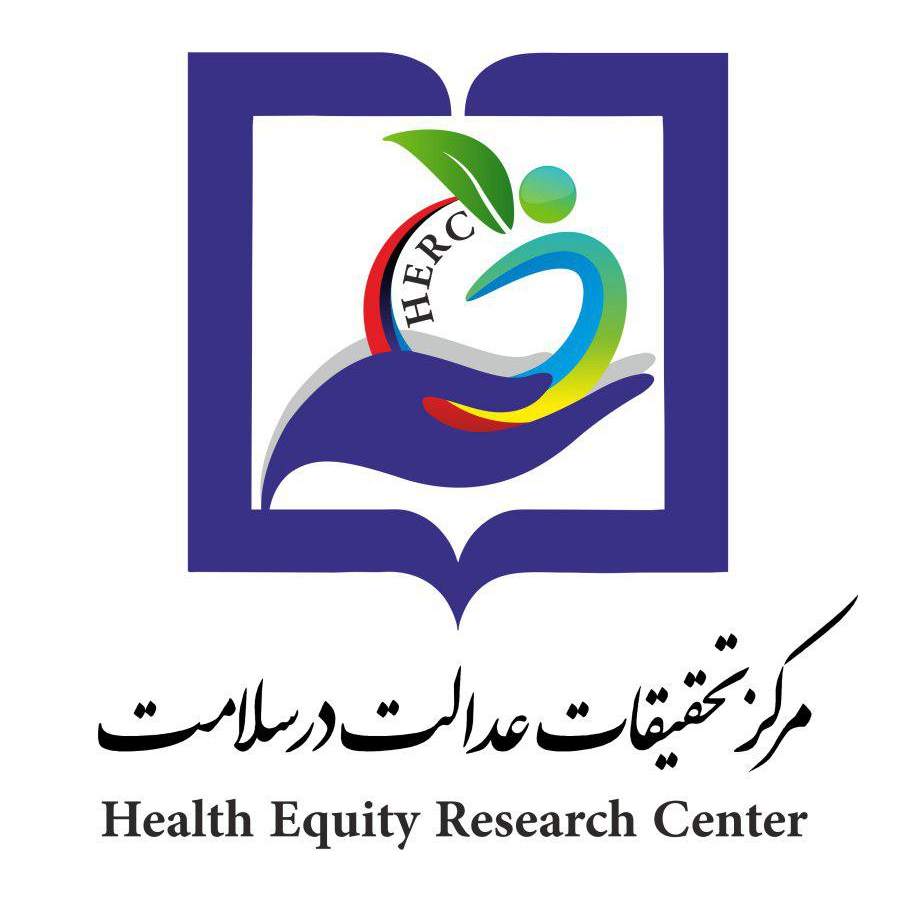
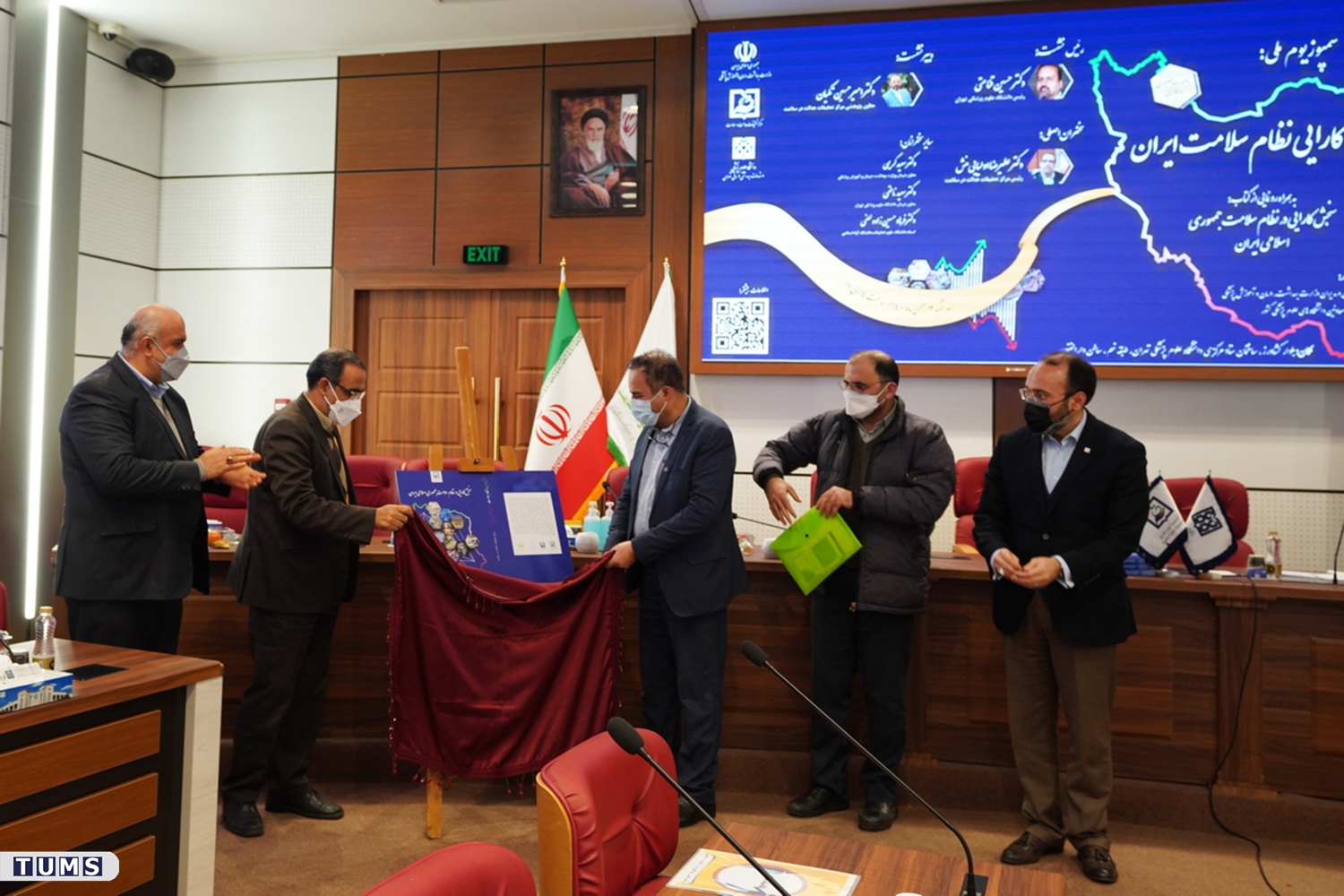
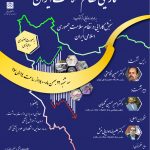

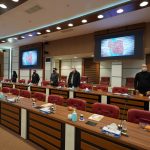


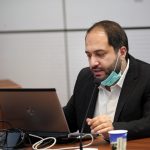
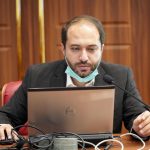
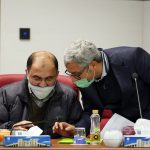
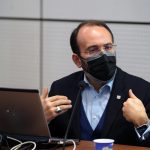


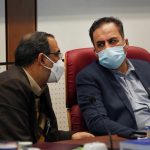

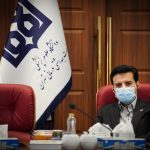





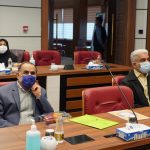

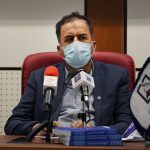
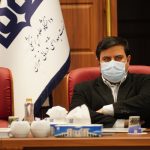
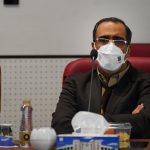
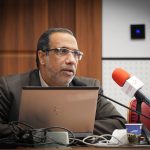

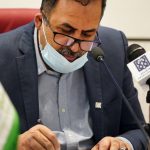
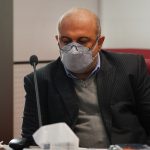
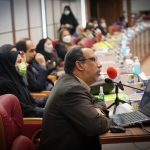
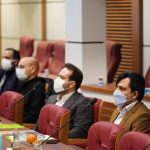
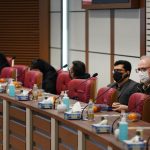
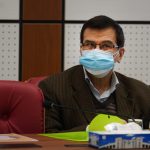
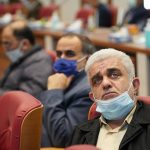


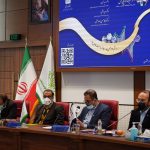
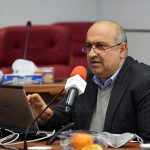
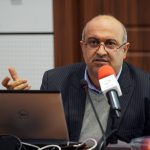
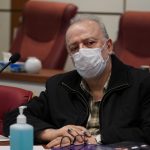
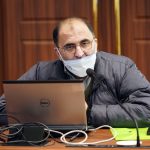

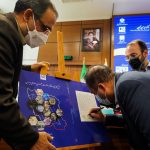

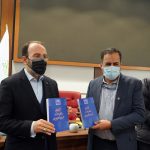
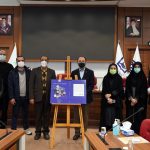
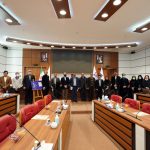

No responses yet